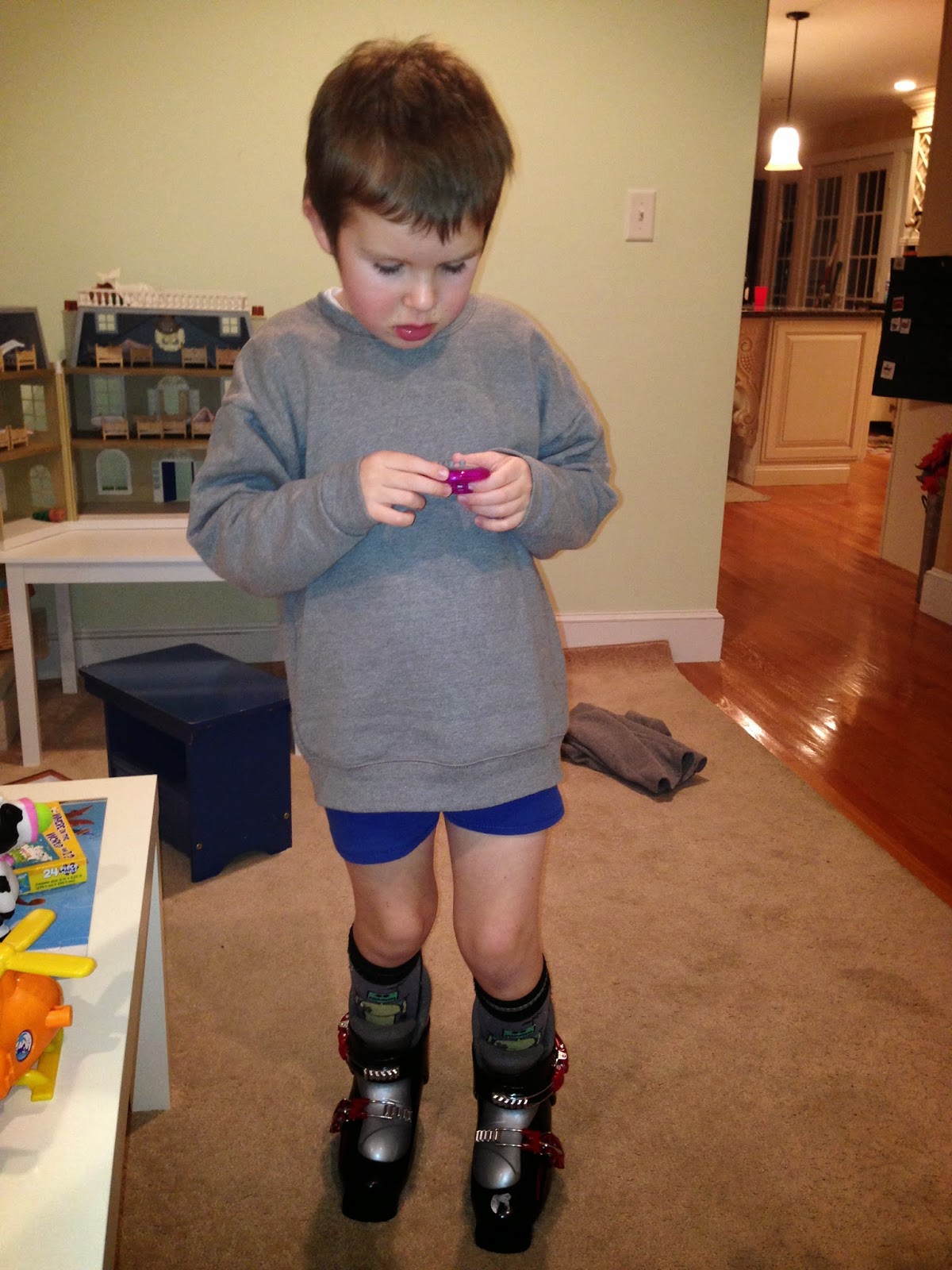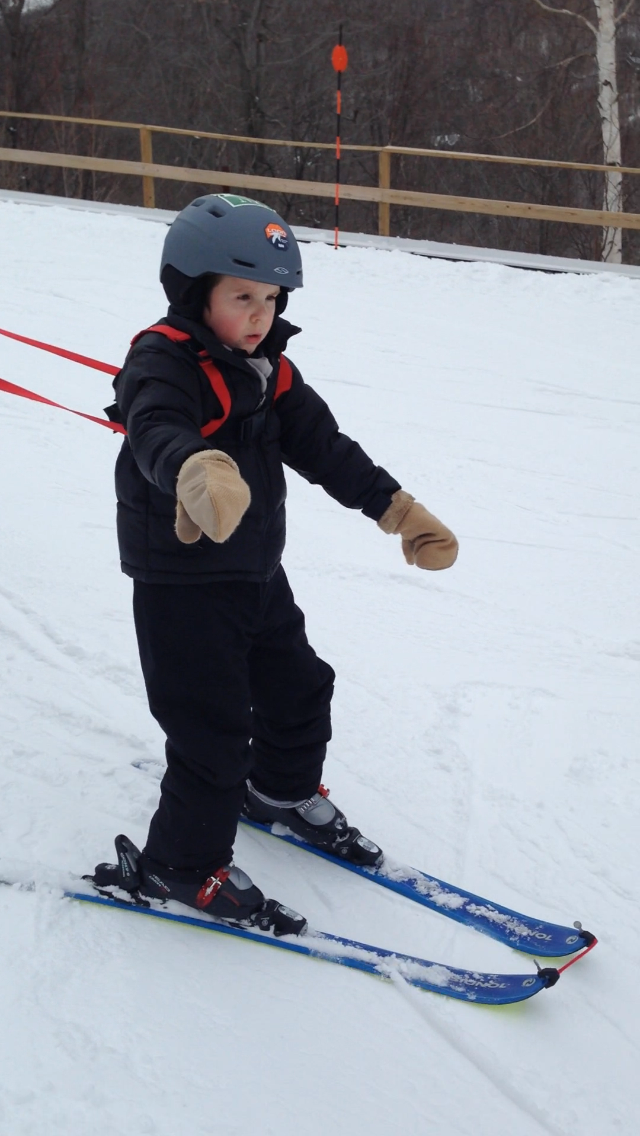I have been watching the calendar, seeing the days tick
away, knowing I should post…wanting to post…but I haven’t been able to find the
passion to write. There’s still so much to tell, so many things I wanted to
share. Our successes and our challenges,
both are many. But here I sit, on the
eve of the final day of April and Autism Awareness Month, trying to capture and
condense all that I did not get to say, but can’t seem to stay focused because
my thoughts keep drifting toward my mother.
I fear I have short-changed us both.
I’m sorry for that. This has not
been an ordinary April, and life sadly keeps moving, even amidst tragedy.
I am hoping that this period of time is the hardest. I hope that when I see her name on the list
of contacts in my phone, the ache begins to fade. I hope that when I drive alone in the car, I
can will myself to think of someone else, something else. I hope that I can erase the phone messages I
have saved and adjust to living without hearing her voice. I hope that when Coleman makes his giant
leaps in progress, I can eventually accept that she is not here to share the
news. I hope it will all get
easier.
As it is, I am trudging along, mostly fine, occasionally
sad, except for this blogging thing. I
will come back to it, I know that. But
for now, I’ll end this year’s updates with my one favorite story of this entire
year. And next April will be here before
we know it and I’ll have that much more to share. I intend on keeping a private diary of updates
on Coleman this year, so sure am I that this will be a BIG year for him. And I’ll hold onto those entries until April
next year and then publish an update everyday of April next year (everyday?) That way, it will be like you lived the whole
year right here beside us. Lucky
you.
My favorite story of success this year, as many of you
already know through facebook, was skiing.
Not because of its impact on everyday functioning or core skills, but
because he worked so damn hard at it.
And because I can see now that yes, he can get there. He will get there. And because that gives this family something
we can actually all do together. And
that is awesome.
We first tried skiing the winter before last, after a friend
told us about New England Disabled Sports at Loon Mountain. We met many great families there, and all of
them had children that had learned to ski through NEDS. So we signed Coleman up, and crossed our
fingers that he would do well. In
retrospect, it’s easy to see why we failed.
Coleman was completely unprepared for skiing – we hadn’t done a lot of true
prepping. Sure we had talked a lot about
skiing, about how it would be fun! How he would slide down a hill, yay! But we didn’t talk at all about how it was
going to happen, exactly what he would need to do to get to this fun thing, or
most importantly, what he would need to wear to do it. Coleman had never worn a mitten a day in his
life – refused, even when we went sledding .
He had never worn a pair of boots, never worn a scarf, never worn
anything but tiny ankle socks, never even zipped his jacket up all the
way. All of these things were big
obstacles for Coleman but necessary to enjoy skiing. So it was not surprising, really, that back
during that first winter, we only saw a bit of early success, followed by
complete misery. It was an experience laced
with many, many tears and lots of aggression from Coleman. As we began our second season at Loon this
year, I tried to brainstorm about how we could help Coleman to be successful –
a rather late time to brainstorm I’ll admit, seeing as we were literally in the
car on our way to Loon – but brainstorming nevertheless. I came up with a plan. A simple, basic plan that would take some
time, but one that just might work. So
on the following morning, after Billy left with the girls to head over to the
mountain, Coleman and I headed to the ski shop.
We were going to start with clothes – he had to be warm, or else he
would never enjoy his time on the slopes.
We bought our first pair of what we affectionately called on that first
day (and what they will now and forever more be referred to as) “Super Duper
Ski Socks.” We headed back to the condo,
and with the help of a timer, began to desensitize Coleman to these warm,
knee-high socks. You may as well have
chopped his leg off, such was the scene trying to get them on. But once they were on, I promised him just
one minute and they could come off. He
stared intensely at the timer, and as it beeped on the one minute mark, he
screamed “TAKE THEM OFF!!!” We repeated
this fun little game every half hour, working our way up to three minutes, then
four and after a couple of weeks (we had Coleman’s home therapist add this into
her sessions 4 days per week) the socks were no longer a problem. He didn’t love them – but he tolerated them. And on we moved to the snowpants. Same process – put on the socks, put on the
snowpants, and then the timer: two
minutes, three minutes, etc until he was good with them. And then we added the scarf. And mittens.
And helmet. And finally, the ski
boots. All practiced inside the house at first, and
then walking down the street. At the
same time, every weekend we went over to the mountain to meet Billy and the
girls at the end of their ski day. We
made sure point out all the skiers with their warm mittens, warm scarves,
noting their big ski boots. (We also
lightly tried to get him to indulge us in some Apres Ski time, to sit by the
windows with us while we snuck in Shocktop, but he largely wanted nothing to do
with this.) In all, it took us until
the second week of February, half of the ski season now behind us, before we
were ready to set out to the mountain.
We talked all about it for the week leading into the big weekend, that
it was Coleman’s turn to ski, that we would go over to the mountain together,
we would put on the Super Duper Ski socks, our ski pants, our scarf and
mittens, and our skis, and we would go up and down the hill THREE times. Just three, we promised. As the morning approached, I was sick to my
stomach. We had invested a lot of time –
I feared it would be a fail and all the effort would have been for
nothing. With prayers said and under a
clear blue sky, we headed over and walked to the lodge. “Time to get dressed!” I cheerily said. “NO! You don’t like to ski!” he yelled. My heart sank. “It will be fun! Just three times, remember? Three times and then all done” I offered
cheerfully. And Coleman, my handsome
beautiful boy, sat quietly down as I got him dressed, and pleasantly walked out
the doors onto the slopes. It was
enough, really, this completely willing, unstruggled walk onto the slopes. We could have turned around right then and it
would have been a success. But he
followed through, and with Abby, Emma, Billy and I all beside him, we went up
and down Sarsaparilla Hill three times as promised. And he never complained or cried or
hit. He actually seemed to enjoy
it.
We went most weekends after that, small bursts of time – 5
times up the hill, or 7 times, one or two
hours max and then all done. We
used a harness for some runs, and others I took off my skis and ran just ahead
of him and had him ski to me. And he was
great, every time. He struggled with
understanding the concept of how to control his speed – and we struggled with
how to teach him. He didn’t grasp the
“Pizza” concept – to point your skis inward to make a wedge to slow yourself –
and we tried a few different approaches.
The NEDS team felt for the most part that he would just have to be on
the mountain a lot – and that he would naturally get the feel for slowing by
turning – but that it would take time. And we have time. Lots of it. The time we invested this year was worth
every second.
I want to end the month on this wonderful accomplishment,
because it is a very clear and strong example of what great things can happen
when we really put our minds to it. It
highlights how Coleman, and kids like him, operate, and what they need to
succeed: Preparation and repetition. We understand that now better than
before. The year ahead holds so much in
store for Coleman, I can hardly wait to see the changes. Education and Medical (integrative/biomed
approach to treatment) are our two primary areas of focus in the near term and
we expect to see wondrous changes. Get
ready folks, this is Coleman’s year. Expect
great things.
Thank you for reading, see you next April. J








.JPG)
.JPG)
.jpg)
.JPG)
.JPG)